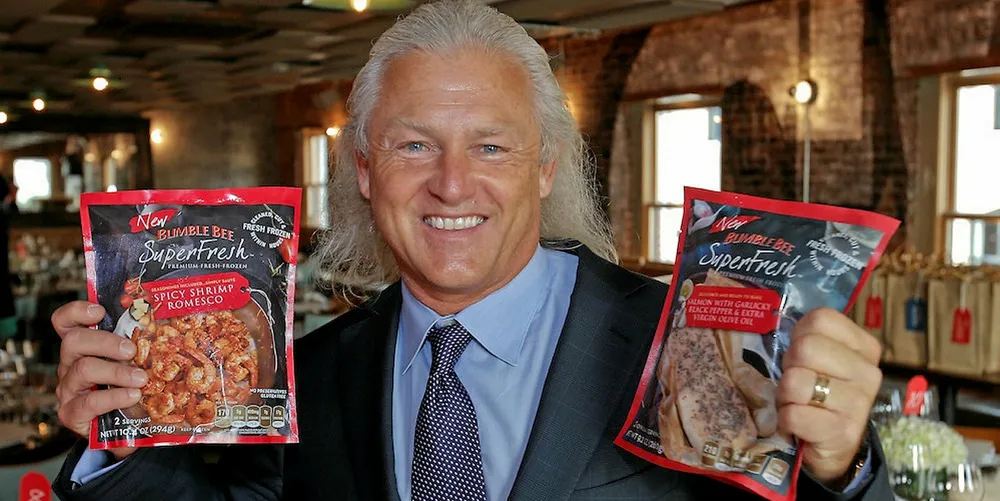Bumble Bee CEO allegedly told price-fixing co-conspirator: 'Don't f**k this up'
The DOJ contends these detailed communications between Lischewski and former associates are the key to understanding his full role in the price-fixing scandal that has rocked the tuna industry.
